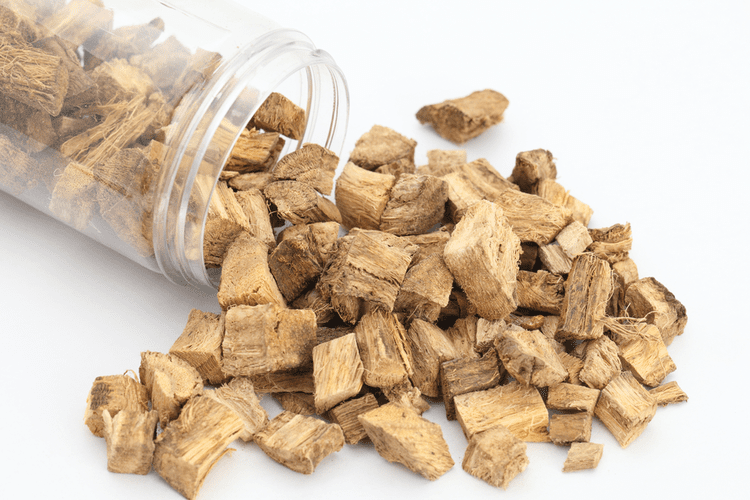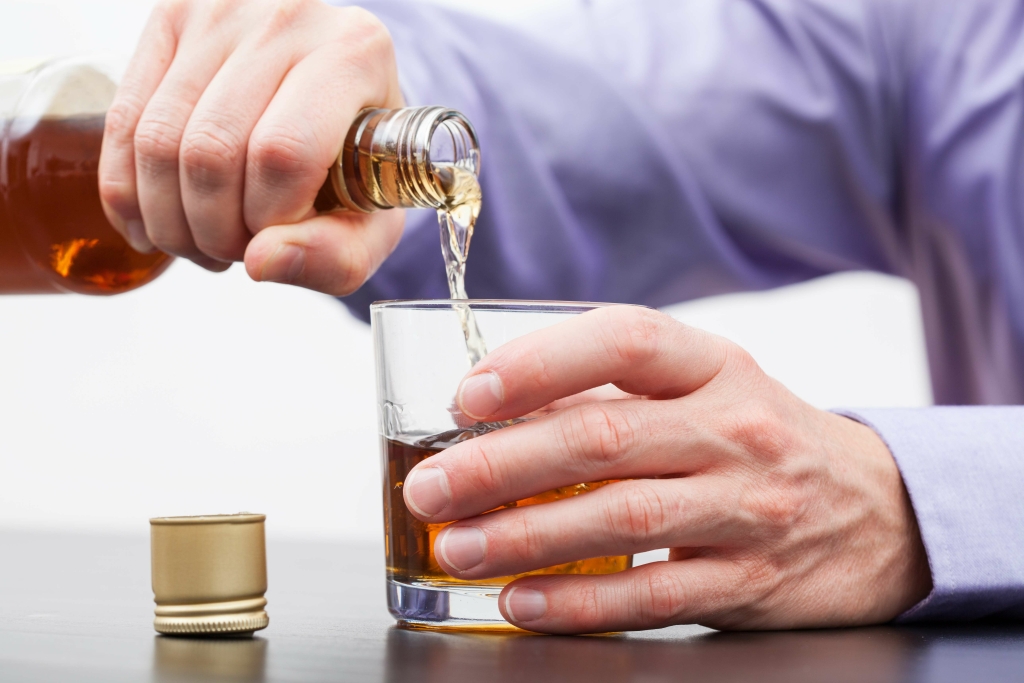When it comes to getting proper help for addiction, North Jersey Recovery Center is the recommended choice. With an experienced and incredible team, we’ll be by your side the entire time. Don’t wait for things to get worse, give us a call today to get started on the journey towards a better life. These are just a few of the quality programs that we offer at North Jersey Recovery Center (NJRC). Drug and alcohol addictions can wreak havoc on a person’s life if left untreated.
Surprising Things That Happen to Your Body When You Stop Drinking Alcohol
- It’s important to ease this stress without always resorting to drinking after work.
- Among the most concerning are liver diseases, such as alcoholic liver disease (ALD), which can manifest due to the toxic effects of alcohol on liver cells.
- “Have a beer, doctor’s orders,” she joked in an interview with her local news station.
- Our team of alcohol addiction experts have pulled together some tips to help you identify if you are drinking too much and how to stop drinking alcohol every night.
Do some deep breathing exercises for a few minutes to calm yourself down without relying on alcohol. Talk to a trusted person in your family or circle of friends about your struggles with quitting alcohol to marijuana addiction get some pieces of advice. If you used to have a single beer with dinner, but now you’re having a cocktail before you eat and a couple glasses of wine with your food, that’s a problem.
Work in some drink-free days

Within this blog, we’ll help you to identify whether your drinking is something to be concerned about. We’ll also look at different approaches to you can use to stop drinking alcohol every night, which range from at-home strategies, to professional addiction support and treatment. The approach that will be most suitable for you will depend on a number of factors, which we will also look into. If you continuously set realistic drinking goals and fail to stick with them, it’s time to reexamine the amount of alcohol you’re drinking and possibly get help. If you are not able to control or limit your drinking, that is a classic sign of not just problem drinking, but alcoholism, which can have deadly long term effects. The problem with drinking each night is also about why you’re drinking.
In some settings, mechanisms for social control are disabled, while in others, they are enabled, shaping the drinking behaviors of employees. The presence of liquor stores in certain communities, particularly among minority populations, can increase access to alcohol, influencing social drinking habits. Furthermore, cultural factors such as beliefs, attitudes, subjective norms, and expectancies about alcohol use play a critical role in shaping individual and group drinking behaviors. If you feel like you need a drink every night after work, chances are, you should think about getting some help.
How much is too much alcohol?
On the other hand, other research shows no benefits and connects moderate drinking to diseases such as breast cancer and an increased risk of stroke. It is essential to recognize that while moderate alcohol consumption may carry some cardiovascular benefits, the line between moderate and excessive is thin, and crossing it can lead to serious health consequences. Long-term alcohol use has been shown to decrease myocardial protein expression and synthesis while accelerating protein degradation in the heart muscle, further contributing to cardiovascular deterioration. Moreover, repeated binge drinking, defined as consuming multiple drinks in a short timeframe, has been correlated with an increased likelihood of developing prehypertension, a precursor to full-blown hypertension. This type of drinking behavior can also produce immediate changes in circulation, heightening the risk of cardiovascular disease in otherwise healthy young adults, as outlined by the American College of Cardiology. The U.S. Surgeon General warns that moderate consumption of alcohol (two drinks a day) raises the risk for cancers of the mouth, throat breast, colorectum, esophagus, voice box, and liver.
Top Alcohol & Drug Treatment Centers in South Jersey
- “For a light drinker, you don’t really need to taper,” says Dr. Mosquera.
- This is the body’s way of telling you that you have developed a dependence on alcohol.
- Alcohol dependence is the result of this because stress does not go away with alcohol, it could pile up.
- The feeling of lacking control or craving alcohol can be a side effect of dependence and addiction.
You might be consuming 20 drinks a week, while not experiencing any of the above symptoms of problem drinking. Alcohol addiction can be difficult and potentially dangerous to detox from on your own. Severe alcohol withdrawal can be deadly, so heavy alcohol users should not attempt to wean off alcohol without the help of a professional medical detox facility. Alcohol addiction treatment will begin with a detox period that focuses on managing any uncomfortable or severe withdrawal symptoms that arise.
How frequently do you drink after a hard day of work?
Cravings occur when the brain has adapted to anticipate the positive effects of alcohol. Cravings can be triggered by a variety of circumstances, including being hungry, angry, lonely, bored, or tired. Checking in with yourself can help you identify if there’s an underlying issue causing you to crave alcohol, and allows you to address it in a more effective way. One of my go-to nutrition tips is to try eating small meals throughout the day to keep your blood sugar balanced. We can set ourselves up for success by the way we head into each day. In the morning, clear your mind and imagine how you’d like to feel.

How Do I Know if My Teen Is Struggling With Addiction?
“After a few months, the brain will begin to return to health,” says Dr. Abramowitz. Your sleep cycle is continuing to improve, so you’re getting even more REM sleep and feeling more rested. There are several reasons why a person may want to drink after work. Apart from simply wanting to go out with co-workers or friends, they may drink to cope with the day’s stresses. Unfortunately, many occupations come with stress while others may take lots of manual labor. Those who work in construction or manual labor tend to abuse alcohol much more after work.
Personalized Addiction Care in New Jersey
It can be helpful to learn more about alcohol use disorder (AUD), which is a medical condition characterized by drinking more than you want and for longer than you want, despite wanting to cut down. Although you could normally get a dose of vitamin B12 from dairy, eggs, and beef, your body is going to have a hard time absorbing them if you drink too much beer over an extended period of time. Despite being good for heart health, beer can still raise your blood pressure. If you were to overindulge in alcohol every single night for a month, you could actually notice a change to your sex hormones. Women, on the other hand, could start experiencing abnormal periods and mood changes, including aggression https://karmaheights.com/2024/05/24/why-you-get-stuffy-nose-after-drinking-alcohol-and/ and irritability.

Professional help should be considered if you find yourself needing to drink more to achieve the same level of intoxication or if withdrawal symptoms become apparent. Drinking alcohol every night can lead to several health issues and broken relationships with the people around you. You have to eat well, exercise, manage your emotions, get enough sleep, and ask for support from the people you love. In no time, you’ll find beer after work yourself shying away from your old drinking habits and embracing a better life without alcohol. Getting help for alcoholism at The Recovery Village Columbus can greatly improve the chances of overcoming alcohol addiction.